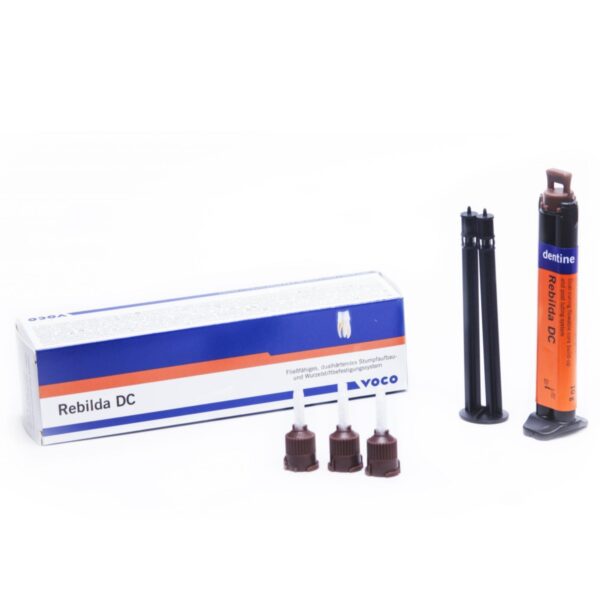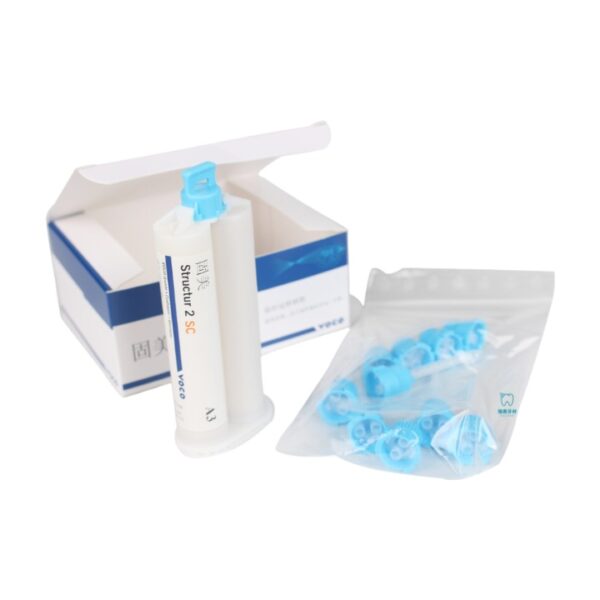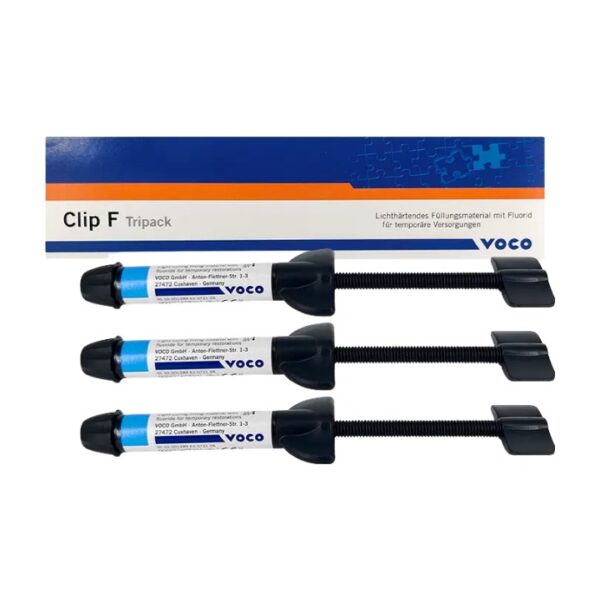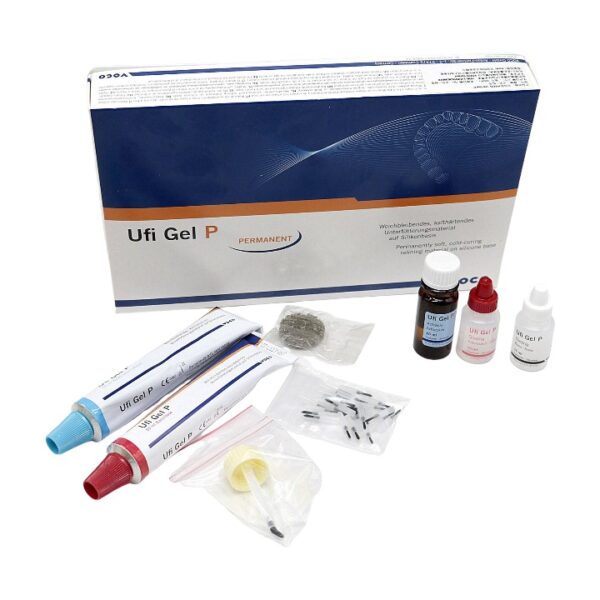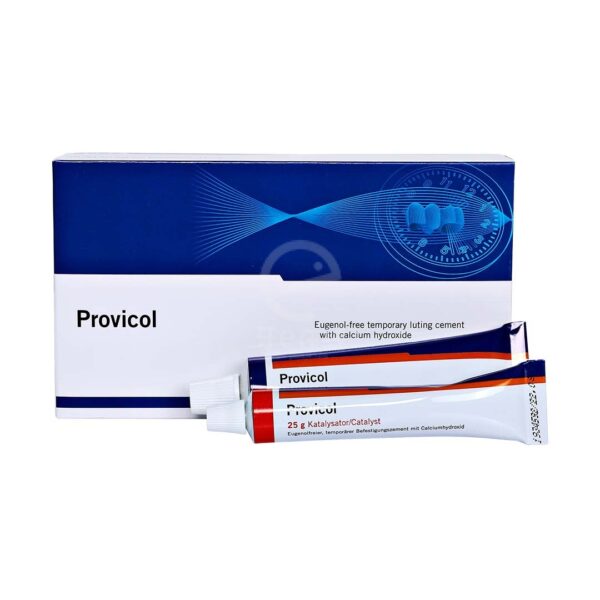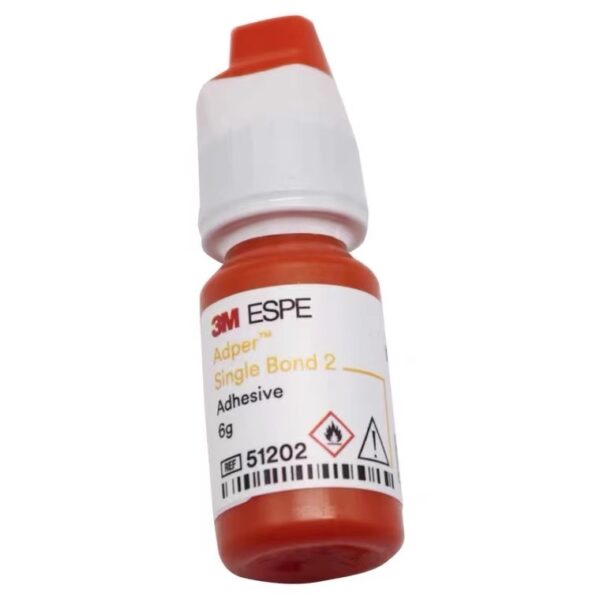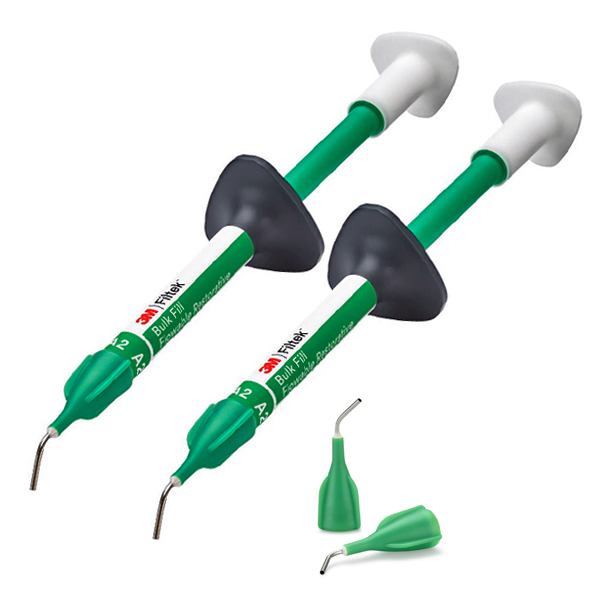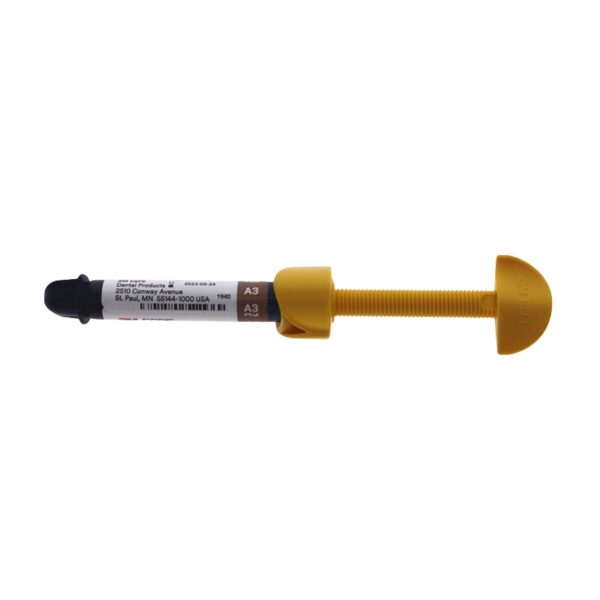Blog
Guide to Dental Composite Resins: Choosing the Right Material for Your Practice

In the ever-evolving field of dentistry, the choice of dental materials can significantly impact the quality and longevity of dental restorations. Among the myriad of options available, composite resins stand out as a versatile and aesthetically pleasing solution. This guide will delve into the world of composite resins, helping you understand their importance and how to select the right material for your practice. Whether you’re a seasoned dentist or a newcomer to the field, this guide will equip you with the knowledge to make informed decisions when shopping for dental materials.
Understanding Composite Resins
Composite resins are tooth-colored materials used in dentistry for a variety of purposes, including filling cavities, repairing chipped or broken teeth, and even changing the color of teeth. They are important in modern dentistry because they offer a more natural appearance compared to traditional metal or amalgam fillings, making them a popular choice for patients seeking aesthetically pleasing dental work. Additionally, composite resins can be matched to the color of the surrounding teeth, providing a seamless look. Their versatility and cosmetic appeal make them a key component in contemporary dental treatments.
Types of Composite Resins
When shopping for composite resins, it’s essential to understand the different types available. Each type has its unique properties and applications, making them suitable for various dental scenarios. Here are some of the most common types:
-
 VOCO X-tra fil Universal Light-Curing Posterior Composite Resin – 5g Syringe
VOCO X-tra fil Universal Light-Curing Posterior Composite Resin – 5g Syringe -
 VOCO Rebilda DC – Dual-Curing Flowable Composite Resin for Dental Core Build-Up & Post Cementation
VOCO Rebilda DC – Dual-Curing Flowable Composite Resin for Dental Core Build-Up & Post Cementation -
 VOCO Polofil Supra Universal Composite Resin
VOCO Polofil Supra Universal Composite Resin -
 VOCO Structur 2 SC Temporary Crown and Bridge Material
VOCO Structur 2 SC Temporary Crown and Bridge Material -
 VOCO Calcimol LC: Light-Curing Calcium Hydroxide Paste for Dental Base/Indirect Pulp Capping
VOCO Calcimol LC: Light-Curing Calcium Hydroxide Paste for Dental Base/Indirect Pulp Capping -
 VOCO Clip F Temporary Filling & Sealing Material with Fluoride- 4gx3 Syringes
VOCO Clip F Temporary Filling & Sealing Material with Fluoride- 4gx3 Syringes -
 VOCO Ufi Gel P – Permanent Soft Denture Relining Material
VOCO Ufi Gel P – Permanent Soft Denture Relining Material -
 VOCO Provicol Temporary Crown Sealer Kit – Calcium Hydroxide Based Paste
VOCO Provicol Temporary Crown Sealer Kit – Calcium Hydroxide Based Paste
- Microhybrid Composite Resins
- Representative: VOCO Polofil Supra
- Features: Combines macro and nano fillers to deliver exceptional polishability, wear resistance, and esthetics with a 77% filler content and 200% radiopacity.
- Applications: Used both anterior and posterior.
- Nanohybrid Composite Resins
- Representative: VOCO Grandio
- Features: A premium Light-curing nano-hybrid filling material with 87% inorganic fillers by weight. Offers compressive strength and aesthetics effect.
- Applications: Suitable for wide restorative applications from anterior veneer, cavity filling to core build-up.
- Temporary Filling Materials
- Representative: VOCO Clip F
- Features: An advanced Light-cured Temporary Filling Material used for sealing and protection for temporary tooth restorations with fluoride compounds.
- Applications: Ideal for temporary restorations and protection.
- Calcium Hydroxide Filling Base/Liner
- Representative: VOCO Calcimol LC
- Features: A light-cured liner material for extensive dental filling.
- Applications: Used as a base or liner in extensive restorations.
- Flowable Composite Dual-core
- Representative: VOCO Rebilda DC
- Features: A dual-core (Curing light and self-cure options) flowable composite resin with dentin shades and high X-Ray Opacity.
- Applications: Ideal for core build-up and post cementation procedures.
Choosing the Right Composite Resin
Selecting the appropriate composite resin for your practice depends on several factors, including the specific restoration scenario, patient needs, and your clinical expertise. Here are some guidelines to help you make the right choice:
-
 3M ESPE Adper Single Bond 2 – Exceptional Bonding Performance Adhesive
3M ESPE Adper Single Bond 2 – Exceptional Bonding Performance Adhesive -
 3M Filtek Z350 XT Flowable Restorative – 2g Syringe (Pack of 2) – Natural Aesthetics & Excellent Handling
3M Filtek Z350 XT Flowable Restorative – 2g Syringe (Pack of 2) – Natural Aesthetics & Excellent Handling -
 3M RelyX U200 Self-Adhesive Resin Cement: Simplified Bonding for Durable Restorations
3M RelyX U200 Self-Adhesive Resin Cement: Simplified Bonding for Durable Restorations -
 3M Filtek Bulk Fill Flowable Restorative – Efficient & Durable Posterior Restorations
3M Filtek Bulk Fill Flowable Restorative – Efficient & Durable Posterior Restorations -
 3M Filtek Z250 XT Nano Hybrid Dental Restorative – Versatile & Durable
3M Filtek Z250 XT Nano Hybrid Dental Restorative – Versatile & Durable -
 3M ESPE Filtek P60 Light-Cured Posterior Composite Resin for Durable Dental Restorations
3M ESPE Filtek P60 Light-Cured Posterior Composite Resin for Durable Dental Restorations
- Aesthetics and Color Matching
- For anterior restorations where aesthetics are paramount, opt for nanohybrid or microhybrid composite resins like VOCO Grandio or Polofil Supra. These materials offer excellent color matching and natural-looking results.
- Strength and Durability
- For posterior restorations that require high compressive strength and wear resistance, consider nanohybrid composite resins like VOCO Grandio. These materials are designed to withstand the forces exerted by chewing and grinding.
- Temporary Restorations
- For temporary fillings or sealing, use materials like VOCO Clip F. These temporary filling materials provide protection and can be easily removed when the permanent restoration is placed.
- Base/Liner Materials
- For extensive restorations, use calcium hydroxide filling base/liner materials like VOCO Calcimol LC. These materials provide a protective layer and help in the long-term success of the restoration.
- Flowable Composites
- For core build-up and post cementation procedures, choose flowable composite dual-core materials like VOCO Rebilda DC. These materials offer flexibility and high X-Ray Opacity, making them ideal for complex restorations.
Conclusion
Composite resins are a cornerstone of modern dentistry, offering a blend of aesthetics, durability, and versatility. By understanding the different types of composite resins and their applications, you can make informed decisions when shopping for dental materials. Whether you’re looking for materials for anterior restorations, posterior fillings, temporary solutions, or complex restorations, the right composite resin can significantly enhance the quality of your dental work.
As you navigate the world of dental materials, remember that the right choice can make all the difference in patient satisfaction and the success of your restorations. Visit your trusted dental materials shop to explore the latest options and ensure you have the best tools for your practice. Happy restoring!


